People Are Sharing The Seemingly Small Habits That Have Massively Improved Their Home Cooking Skills
Maybe you're just learning how to cook, or perhaps you're a seasoned home chef. Whatever the case, there are always little habits you can adopt to improve your cooking skills. So redditor u/Rollotamassii asked, "What is one small thing you started doing that has had a huge positive impact on your cooking? Here's what people said.
1."Adding finishing salt to desserts like cookies and brownies. It may seem counterintuitive, but a little salt makes sweet baked goods even more delicious."
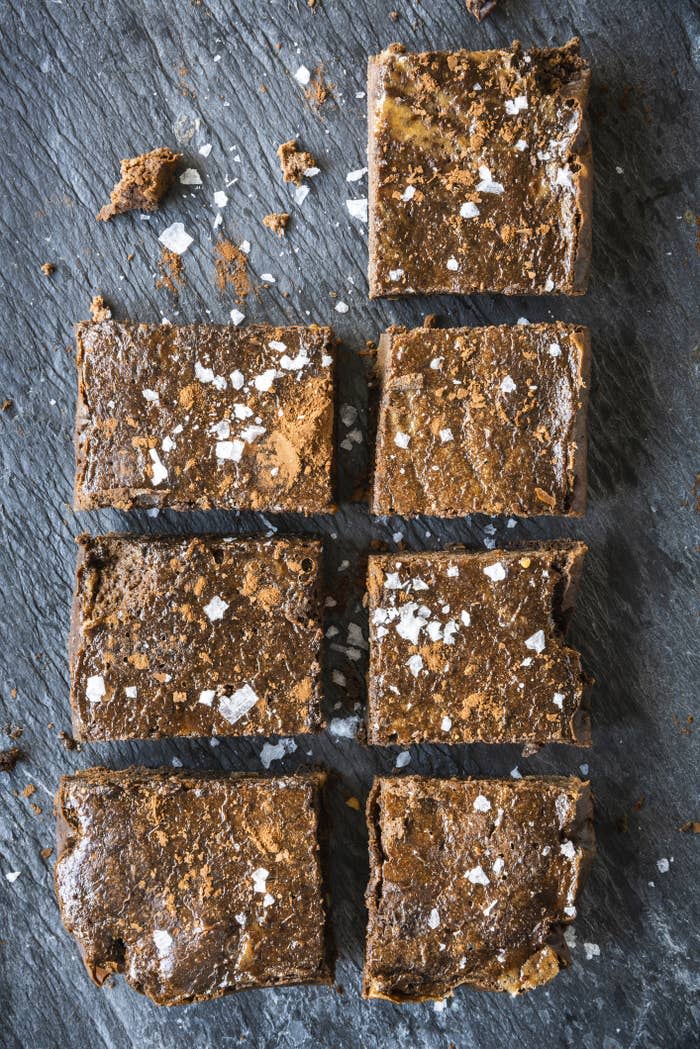
2."Brining my meat, and not just chicken. Brining lamb and beef makes these proteins so much more tender and flavorful. You can even dry brine meat with salt and leave it in the fridge uncovered overnight."
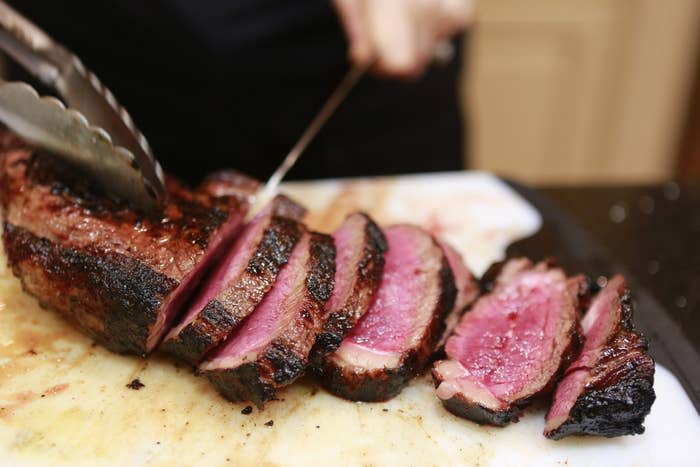
3."Switching from breasts to thighs whenever I make chicken. Not only are the thighs more affordable, but they're also so much more flavorful."
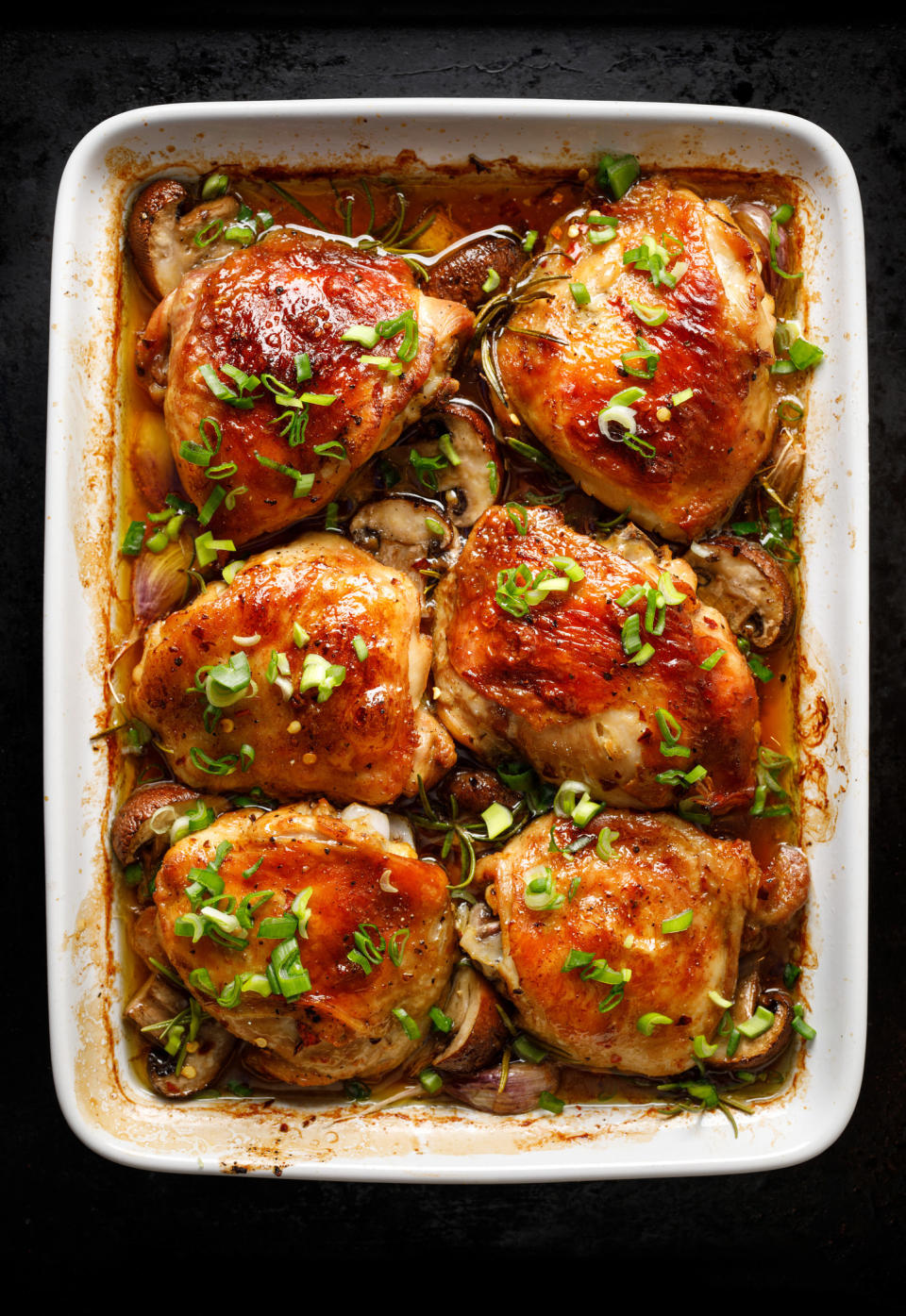
4."Finishing a sunny-side-up egg by steaming it to get a perfectly soft yolk. Just pop a lid over the pan for a few seconds, and voilà."
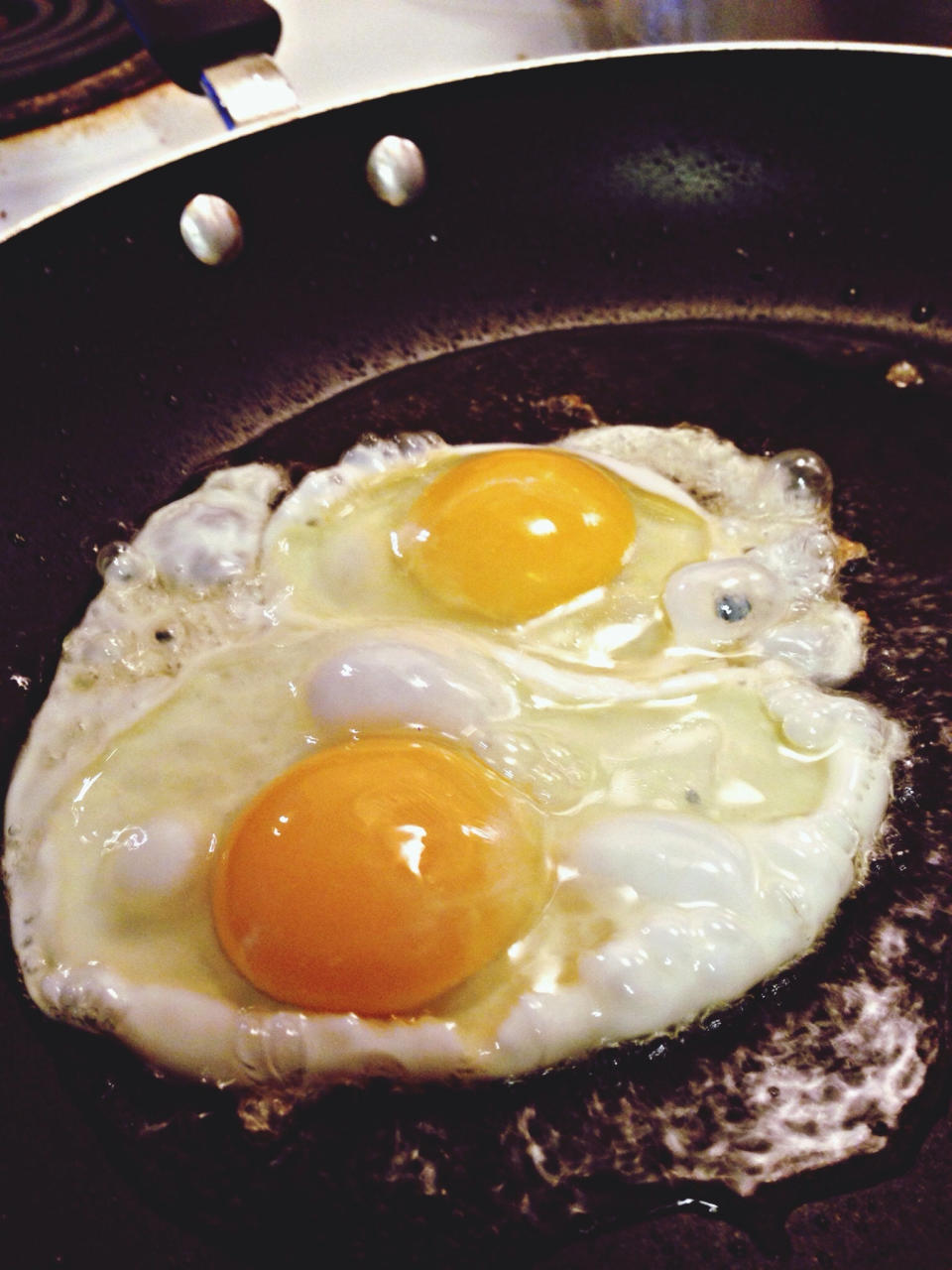
5."Shredding cheese myself from big blocks instead of buying the pre-grated version. The difference in flavor is undeniable."
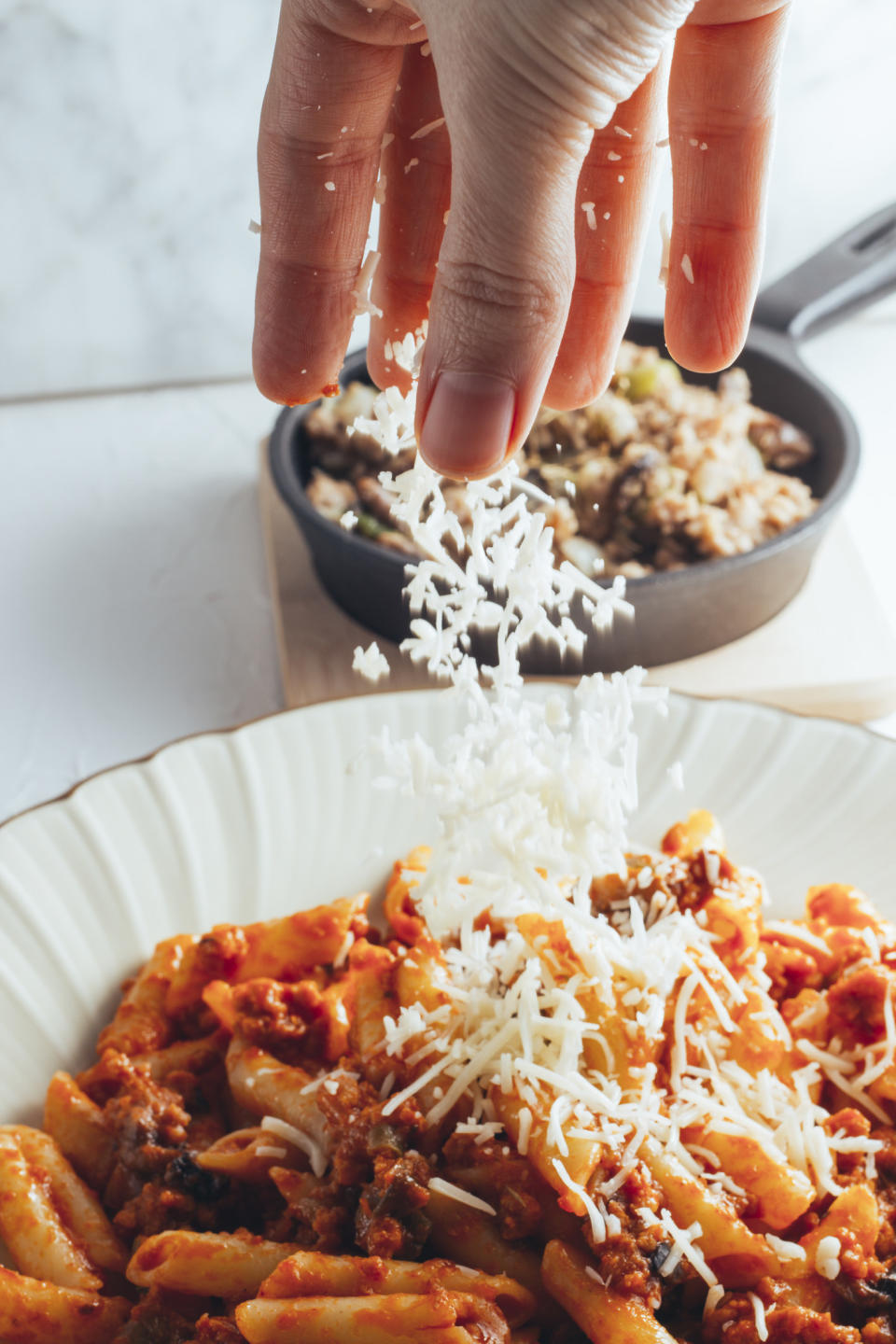
6."I've changed the way that I cook with spices. Firstly, I buy whole spices and grind them myself instead of buying pre-ground. Then I toast them before grinding and/or fry them in oil to let the flavors bloom."
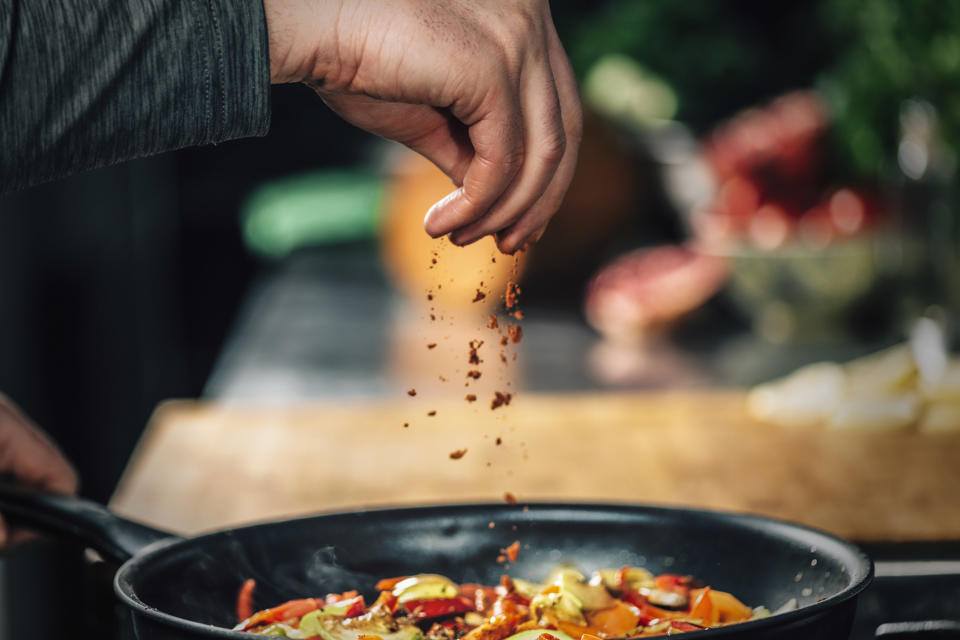
7."Keeping notes about the recipes I make. I jot down the quantities of ingredients I used, how many servings it made, and helpful pointers about the cooking process. I also rate recipes so I know which to make again. You can improve on them by changing a few variables at a time, and when you make it again in a month or in a year, you'll know exactly how to do it."
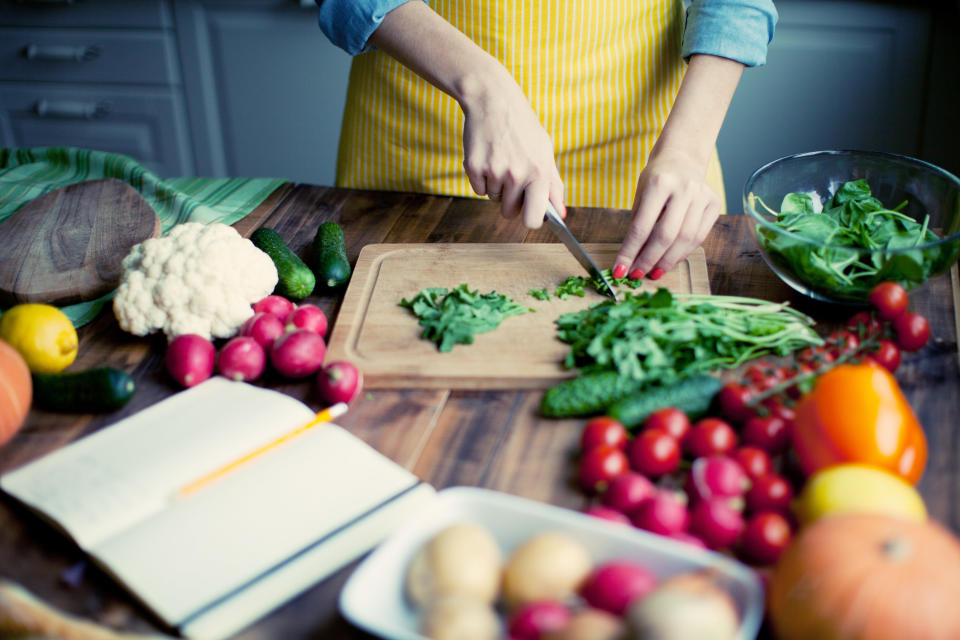
8."Cleaning as I cook. I also have finally figured out a good rhythm for cleaning as I go, and it’s been amazing. It makes the cooking process so much more enjoyable when the chore of cleaning isn't left until the end."
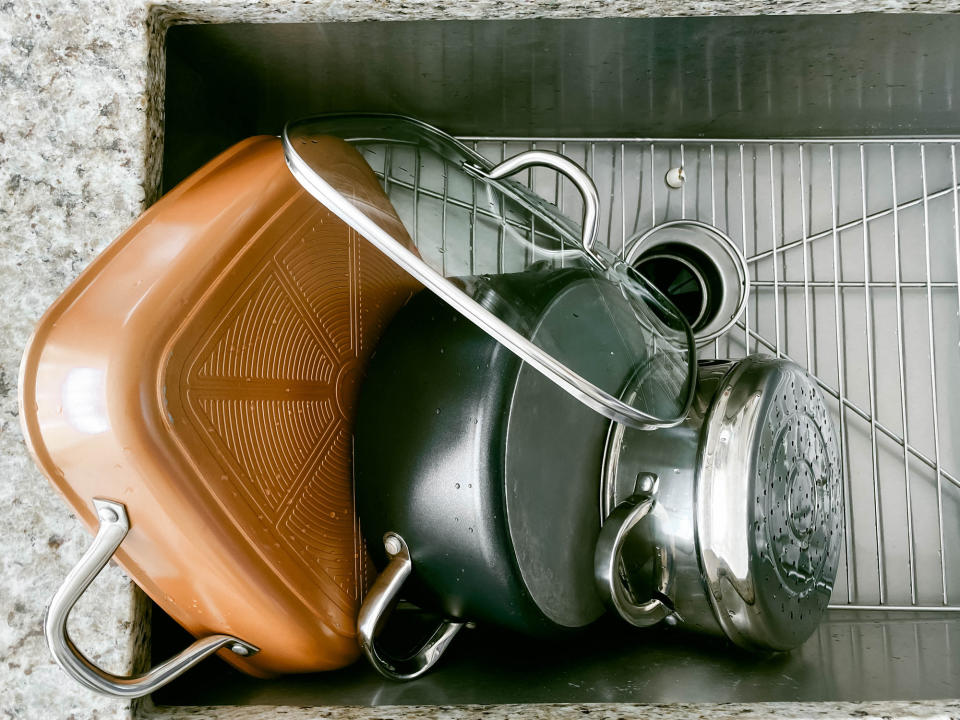
9."Removing my food from the heat source once it's done cooking. Things like meat and eggs continue to cook even after you remove them from the oven or take them off the grill/stove. Remove your food from the heat before it's done cooking, and let it rest. It will reach the desired consistency rather than taste overcooked."
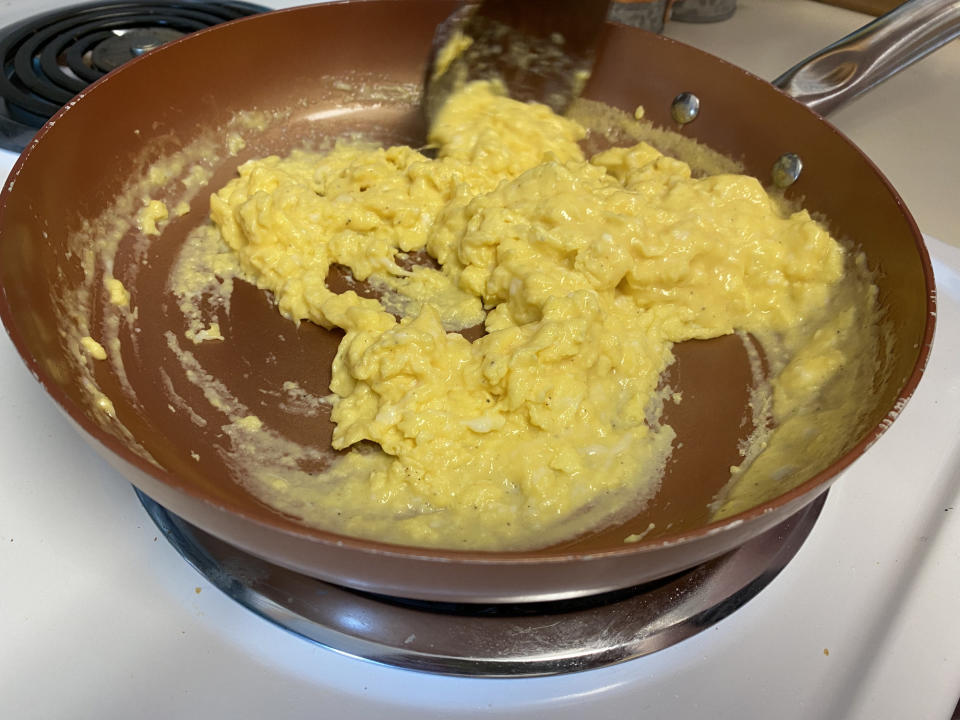
10."I started sharpening my knives more often. It makes prepping — dicing, mincing, chopping — so much quicker and easier."
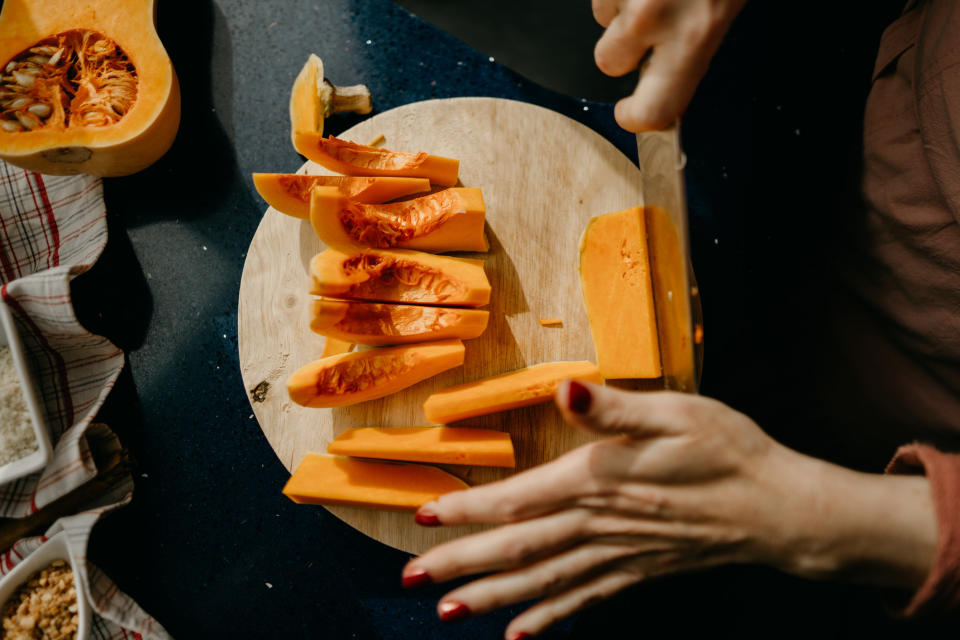
11."I've started to read more than one version of a recipe to give myself a roadmap and understand what (if anything) should be absolutely precise. Once I determine that, I taste as I go rather than worry about perfect measurements."
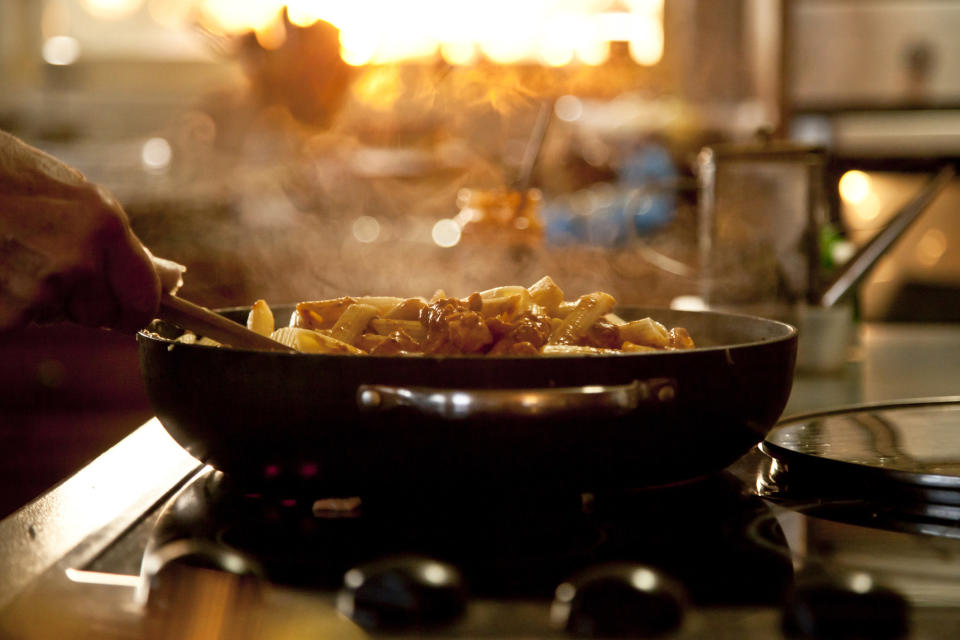
12."Not automatically turning the burner to high heat. It took me too long to realize that less heat is more when it comes to evenly cooked, tasty food."
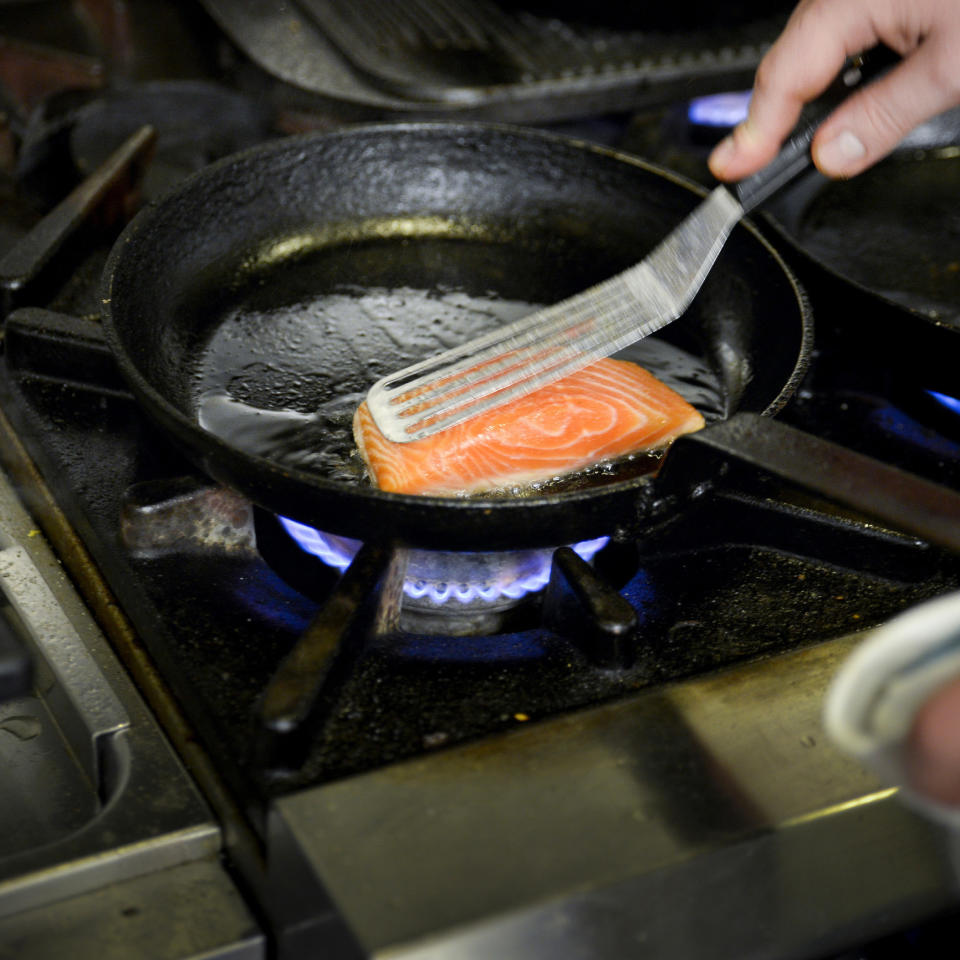
13."Using at least a touch of some kind of acidic ingredient in almost everything I cook, whether it's lemon or lime juice or a splash of vinegar."
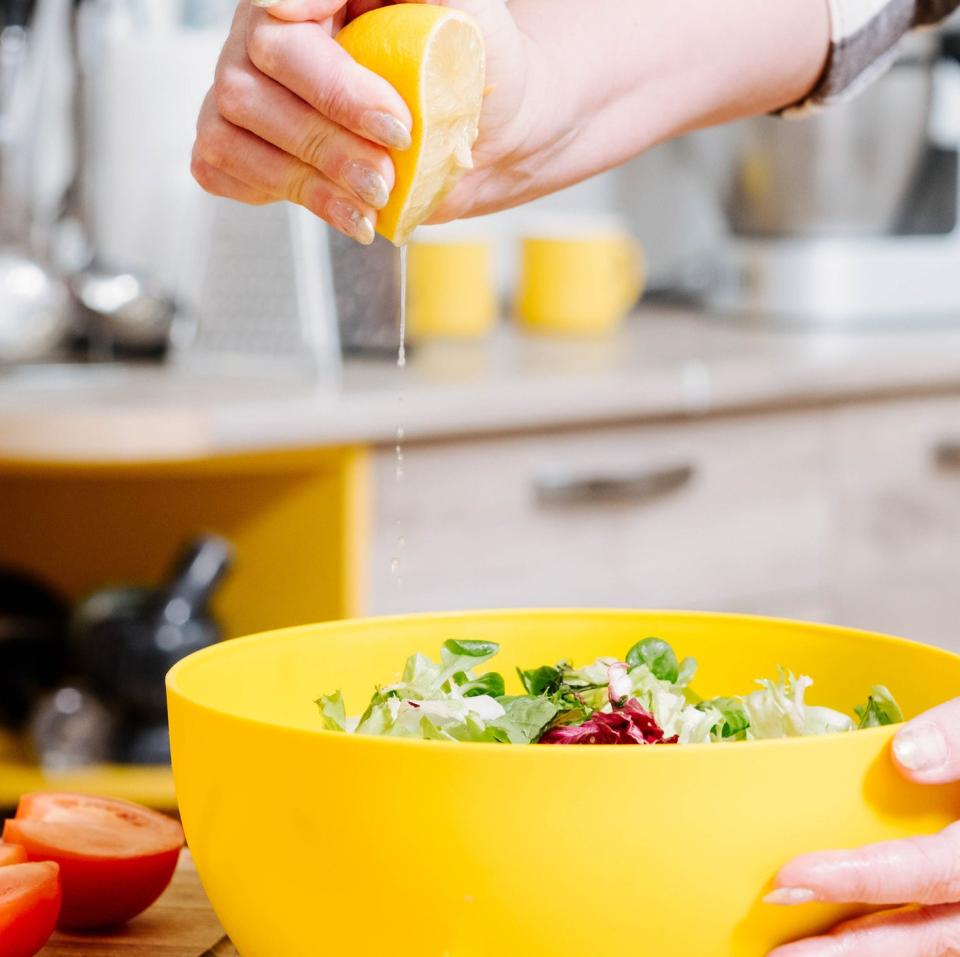
14."Learning to master cooking techniques rather than specific recipes. If you learn a process (for example, braising in red wine or poaching in olive oil) instead of a rote recipe, you will know how to cook dozens of dishes. It's really the only way to develop skills in the kitchen."
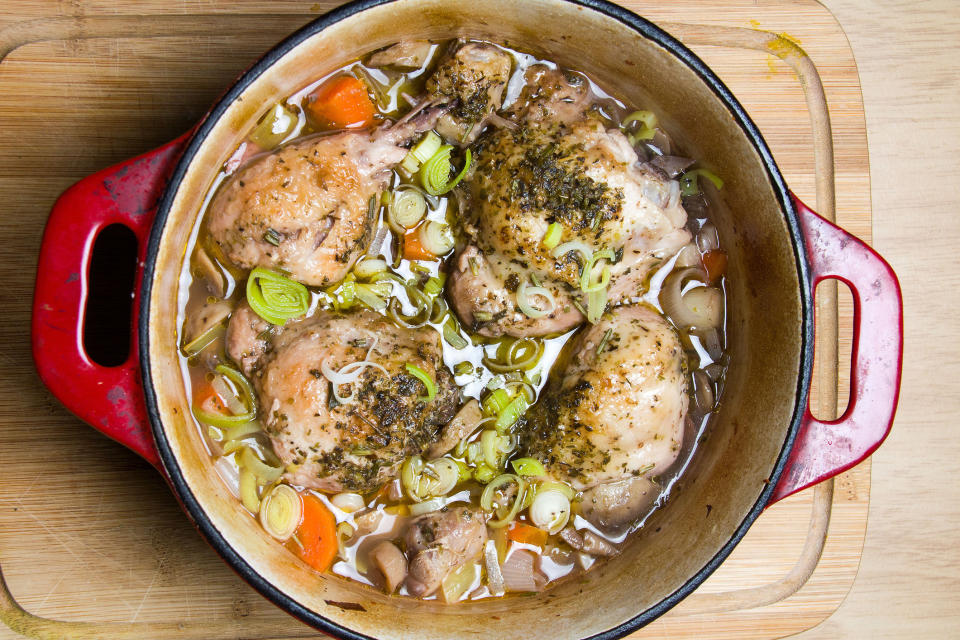
15."Investing in an accurate digital cooking thermometer and using it for absolutely everything I make, including cakes. It takes the guesswork away and ensures food is cooked through properly."
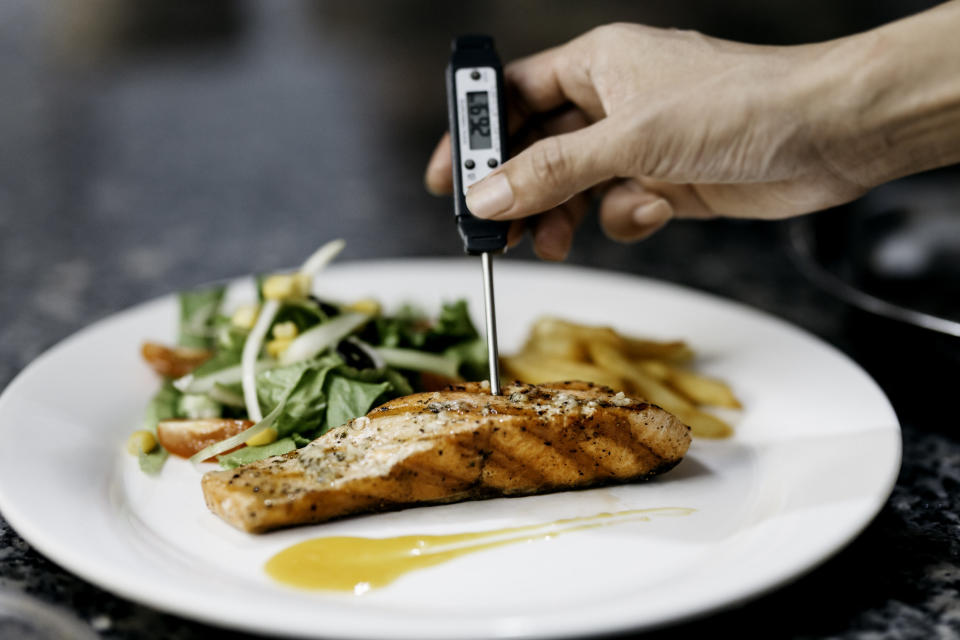
16."Washing and properly storing all fresh produce as soon as I get home from the grocery store. It makes all of my fruits and veggies last longer, and it also makes cooking easier. Produce is ready to go whenever I need it."
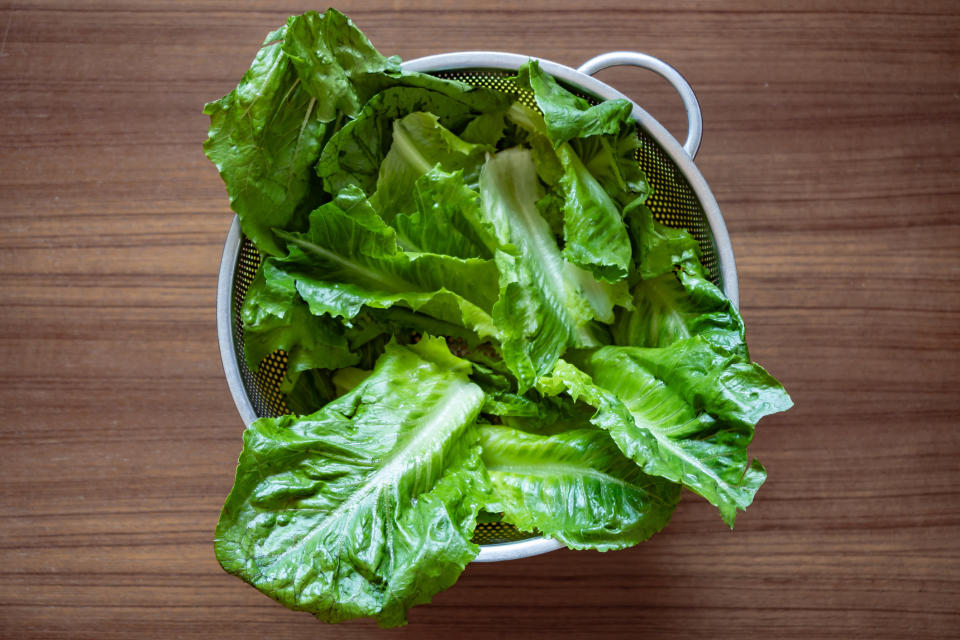
17."Reading every single recipe all the way through before starting to cook, even if it's a dish I've made before. It's so helpful to lay out all the steps in my head ahead of time."
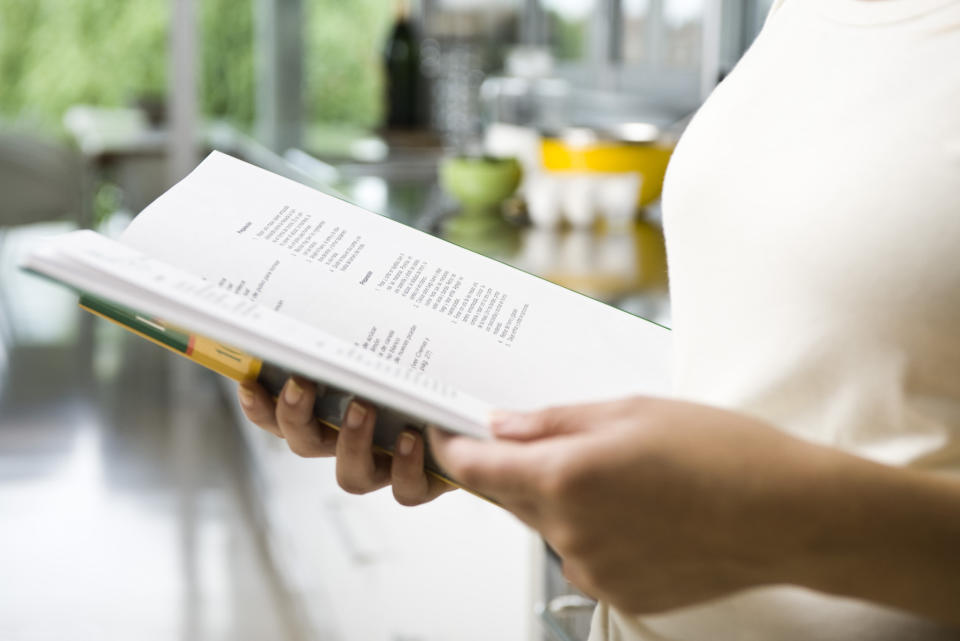
18."Learning about mirepoix (a combination of finely diced onion, carrot, and celery) and soffritto (minced and sautéed carrots, celery, and onions). These two aromatics add a whole layer of depth to soups, stews, and sauces."
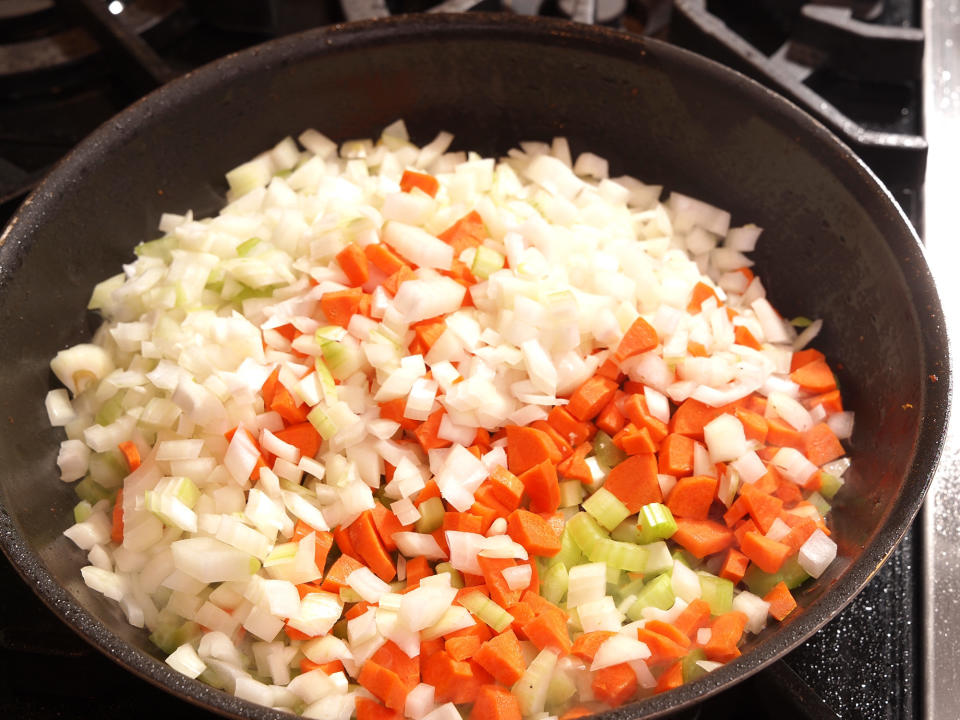
19."Using a bowl for discarding leftovers and compost while I cut veggies and prepare for cooking. I can’t stand having clutter on my cutting board, so adopting this simple habit has made cooking so much more enjoyable."
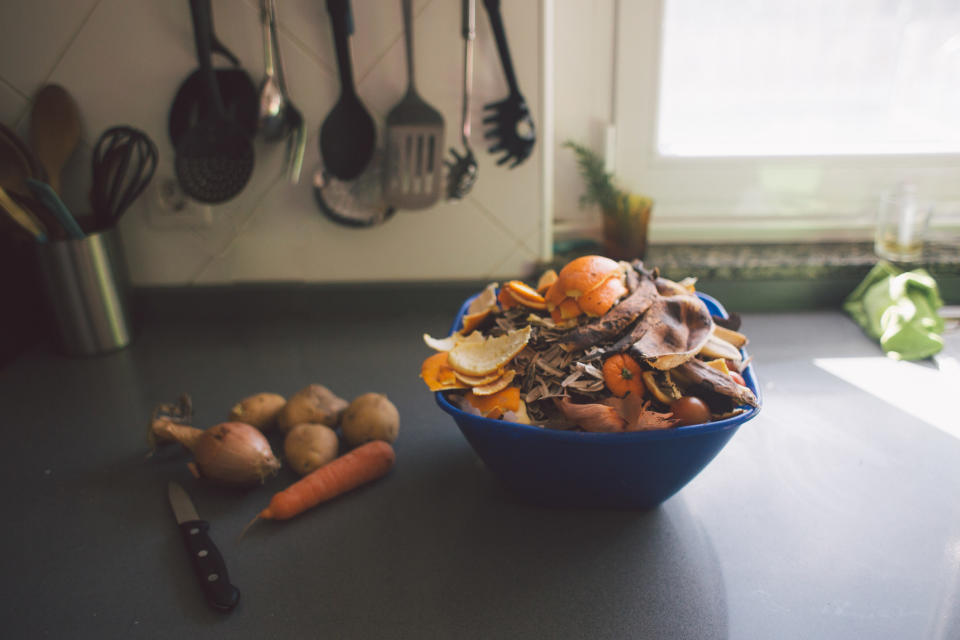
20."Using the proper cooking techniques to prepare different cuts of meat. Think of where on the animal the meat came from. If it's a muscle they use a lot (legs, butt, etc.) it probably needs low and slow cooking; if it's a muscle they use a little (back, tenderloin, etc.), it probably needs high heat and a faster cook time. There are exceptions to that rule, but that works more often than not."
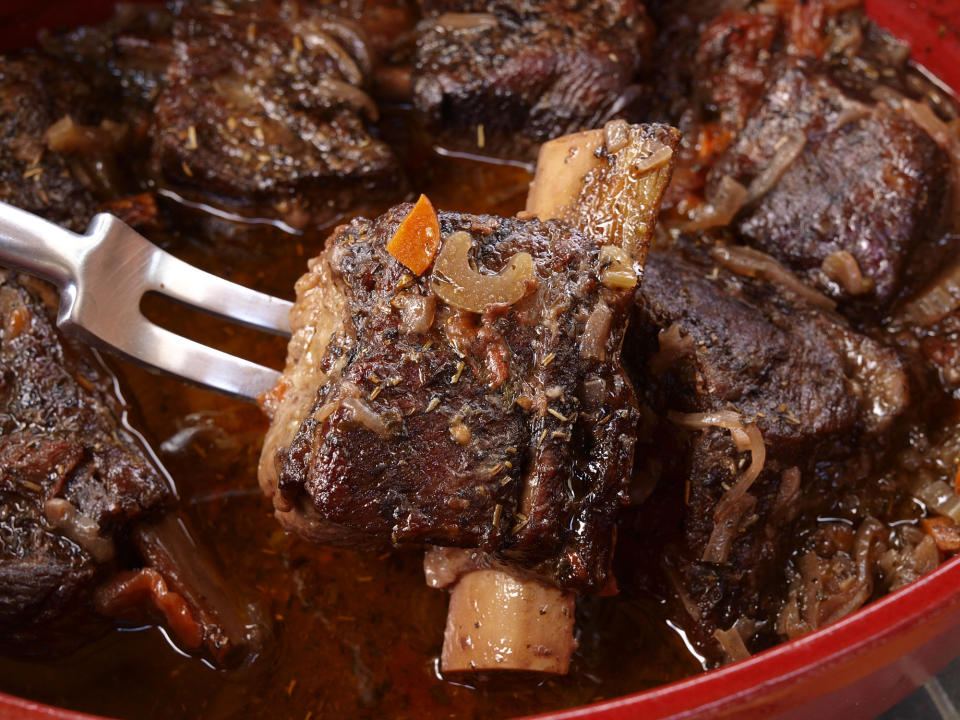
21."Understanding the importance of balancing the four essential elements of cooking — fat, salt, heat, and acid — and learning to taste to see what's missing and adjust accordingly."
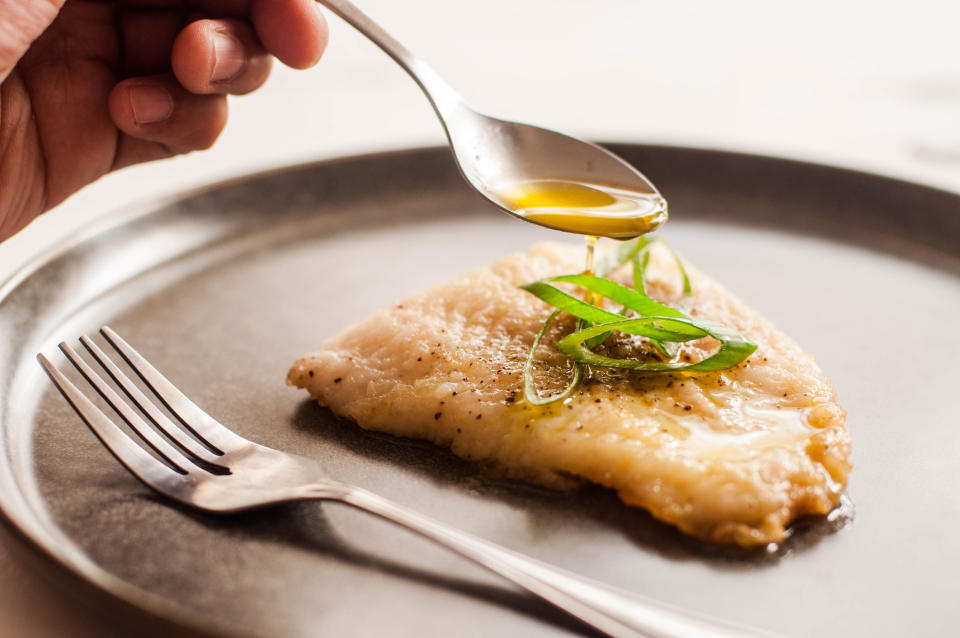
22."Using soy sauce for more than just Asian recipes. Try a dash in scrambled eggs or in caramelized onions. It's a savory, salty flavor that complements many dishes."
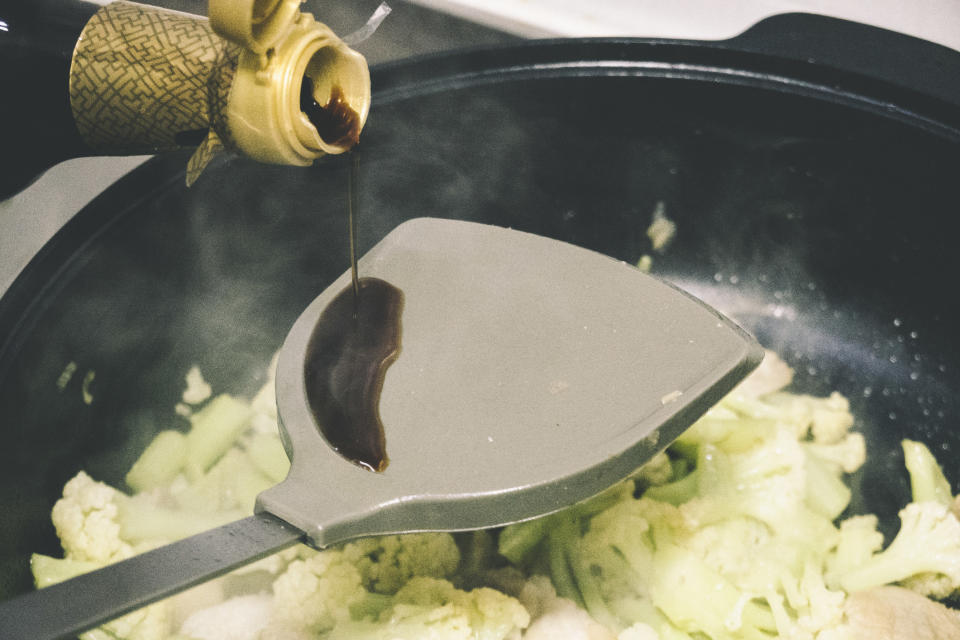
23."Forgetting my fear of over-seasoning. It's OK to be generous with the herbs and spices. If you're cooking with chicken or pork, season aggressively because both meats are wonderful sponges for seasonings. Find a regional spice map or guide and start combining flavors."
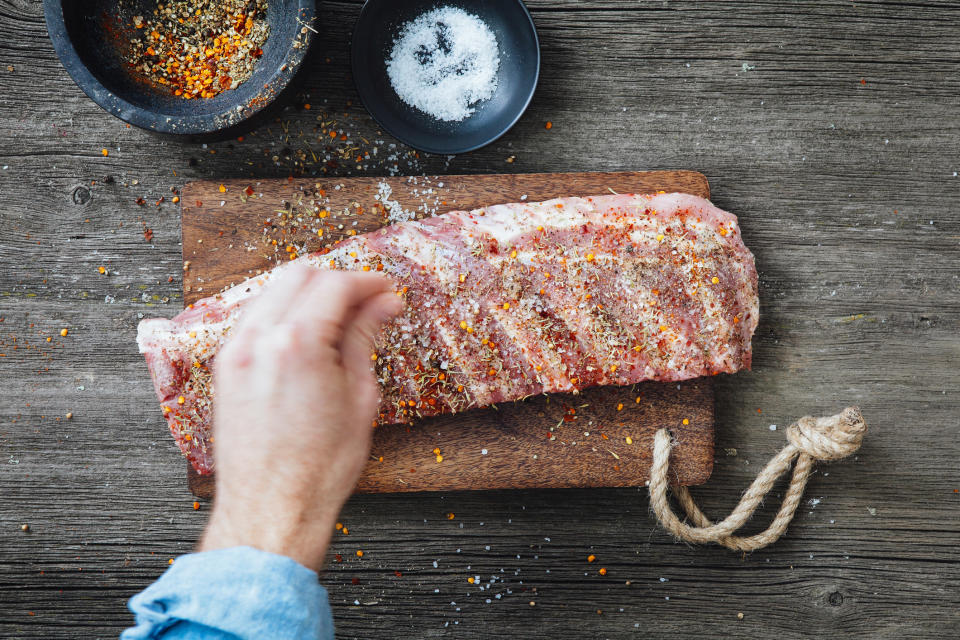
24."Browning meat before adding it to the slow cooker. You might want to just dump everything in and press cook, but most meats (ground beef, chicken, etc.) should be browned before you add them to the slow cooker. This will make the final dish taste much better."
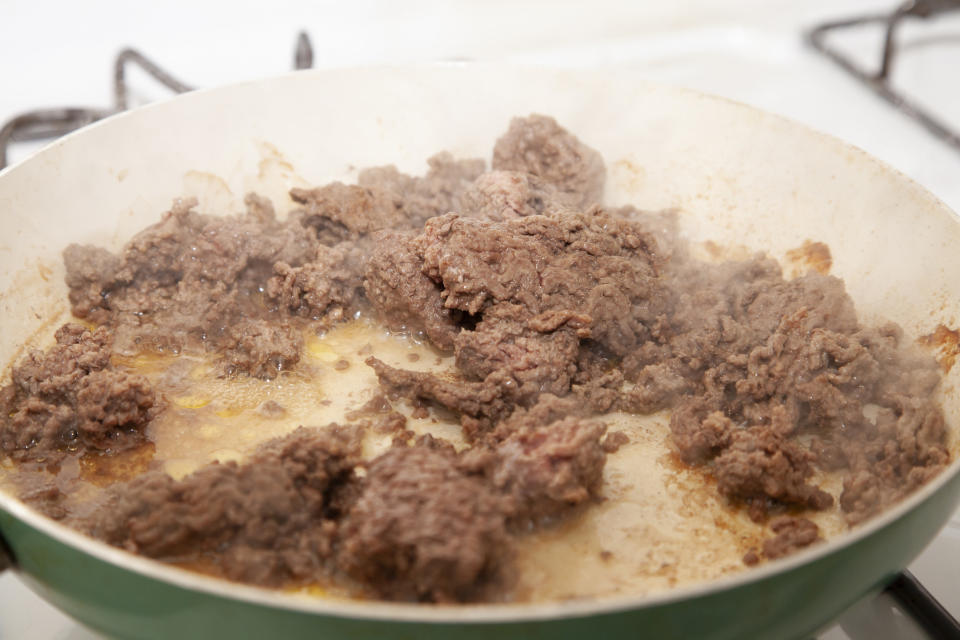
25."Starting to mise en place, which means preparing everything before I begin cooking. I ensure that all ingredients are cut and seasonings/ingredients are measured first so that I can focus solely on cooking."
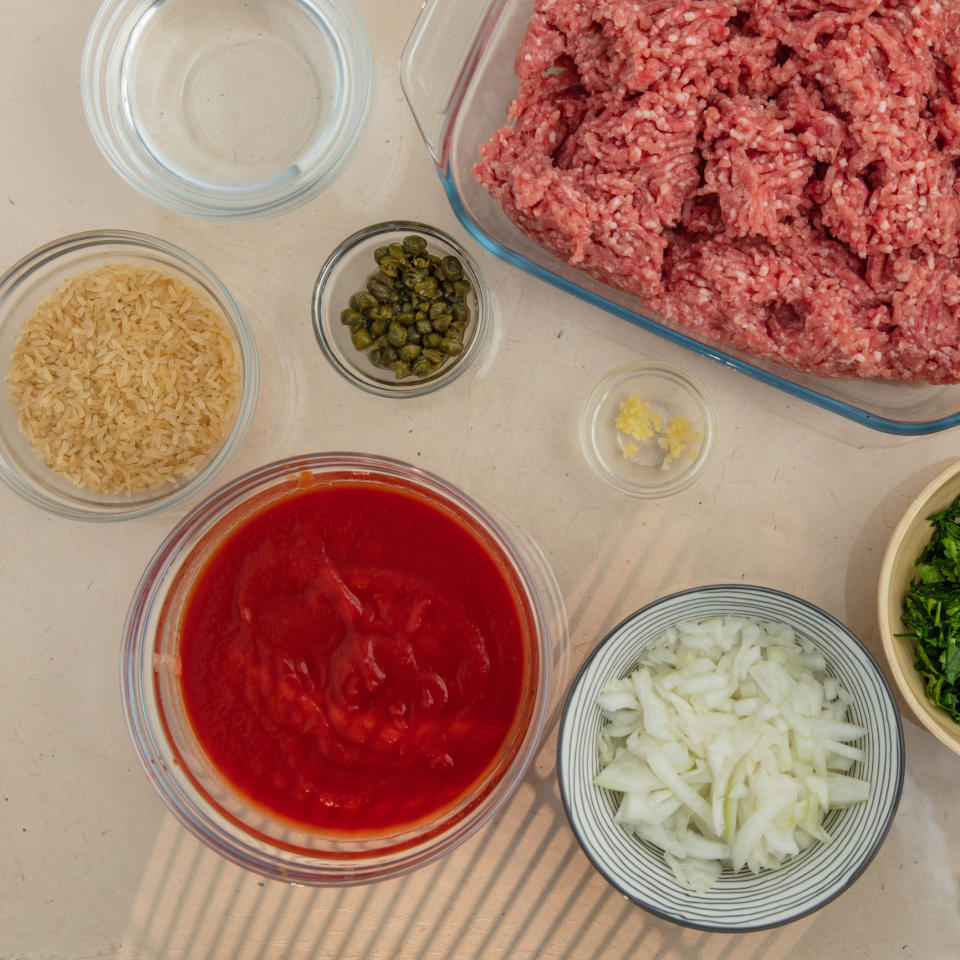
26."Resisting the urge to flip food while cooking. The best thing you can do for your meats is leave them alone. After you put it in the pan, on the grill, or whatever, don't touch it. Do not poke, probe, press, squeeze, lift, turn, or anything else until it is time to flip it. Moving it will cause the juices to leak out and disrupt the cooking process, leaving your meat dry and flavorless."
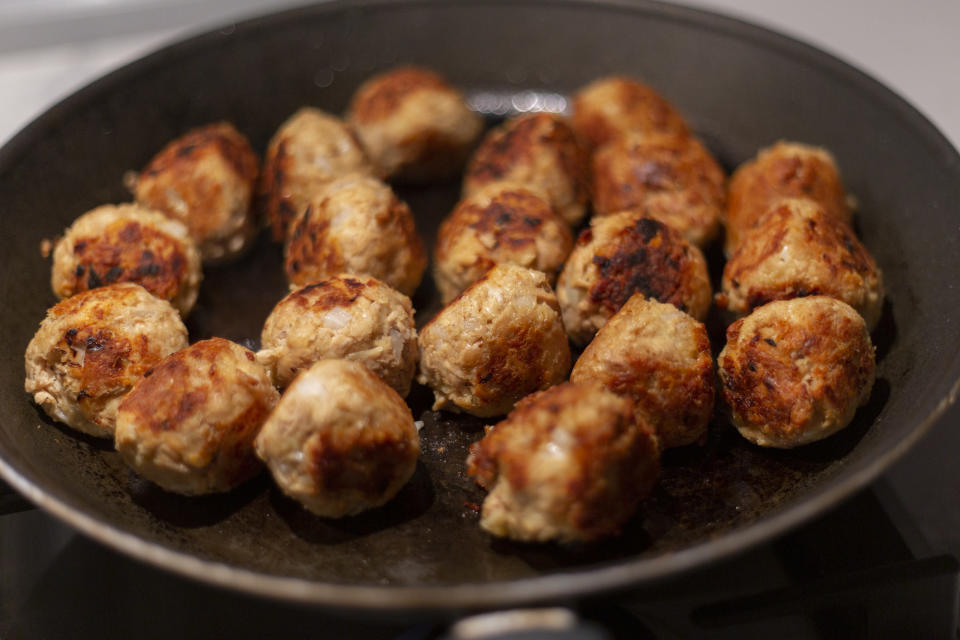
27."Tasting as I go. At various stages of cooking while safe, I taste my food as I cook it. This allows me to know if I have too much or too little of a certain ingredient or flavor. It also helps develop my palette and learn what different seasonings do to a dish."
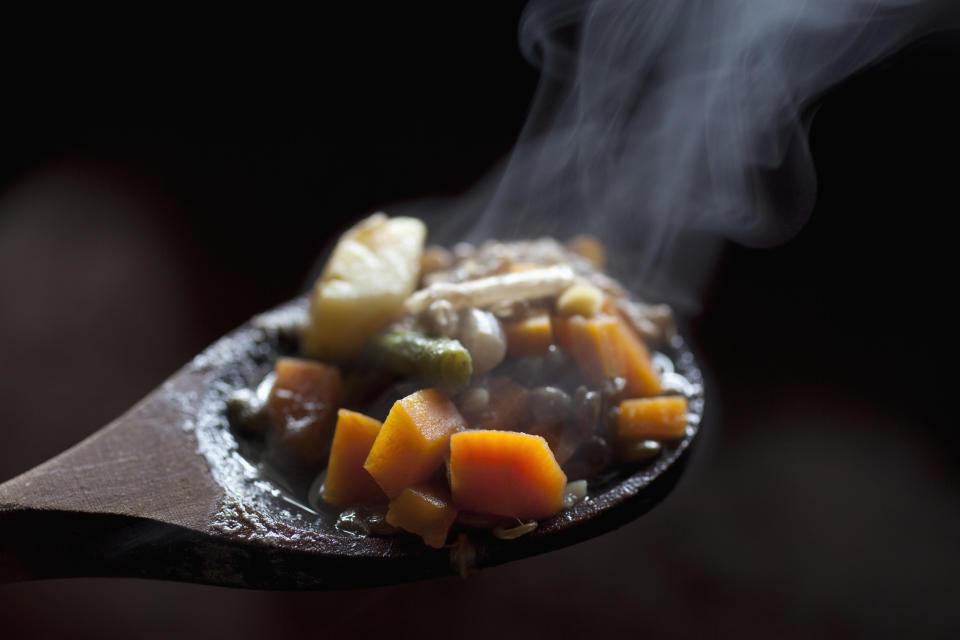
28."Learning to keep it simple in the kitchen. Using a ton of different ingredients doesn't mean that your food will taste better. These days, I prioritize dishes I can make in 30 to 40 minutes with six to eight ingredients."
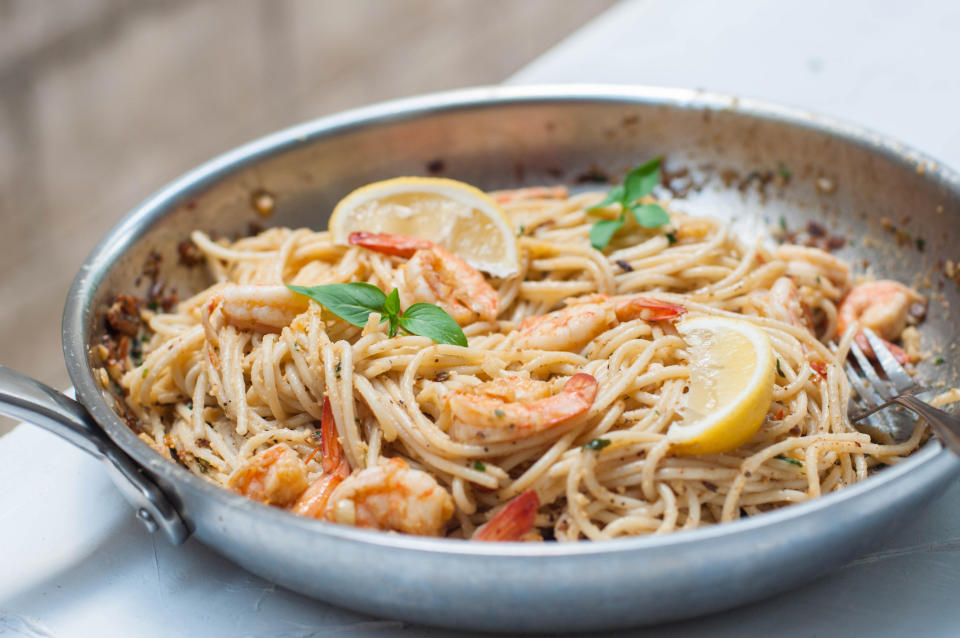
29."Deglazing the pan after cooking. You can massively improve the quality of your proteins with fond — the dark brown stuff that sticks to your pan when you're cooking. Use alcohol or an acidic element to dissolve the fond, and use the delicious brown juice to coat your protein. As a good rule of thumb, I deglaze with dry white wine when cooking chicken, red wine for beef, and lemon juice for pretty much anything."
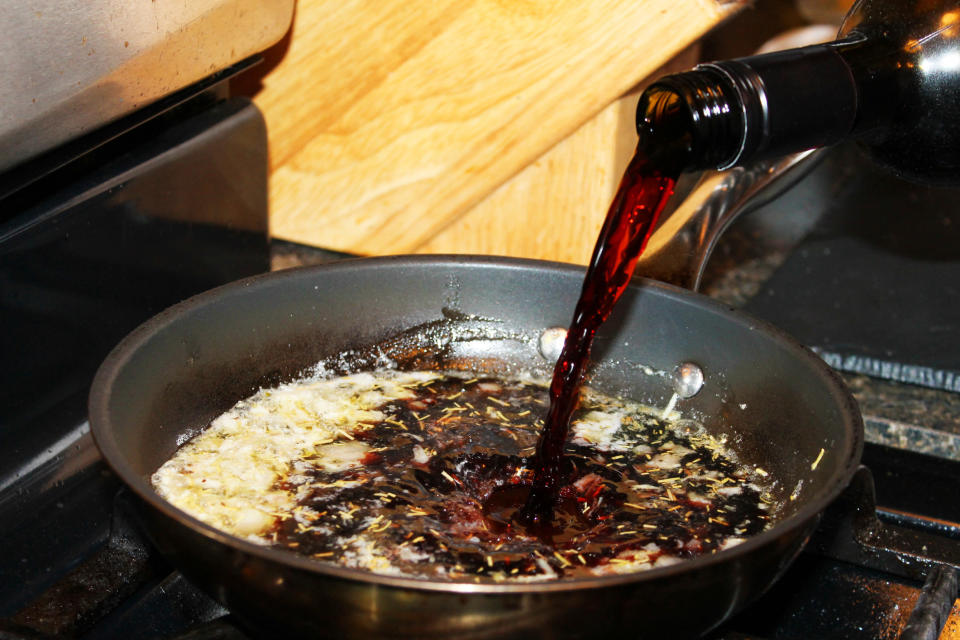
30."Moving away from cooking everything in olive oil. Think of olive oil as a condiment. It's great to drizzle on your food as garnish but terrible to fry with. Instead, use vegetable oil or any other 'neutral' oil, which has a higher smoke point and won't impart flavor into your food."
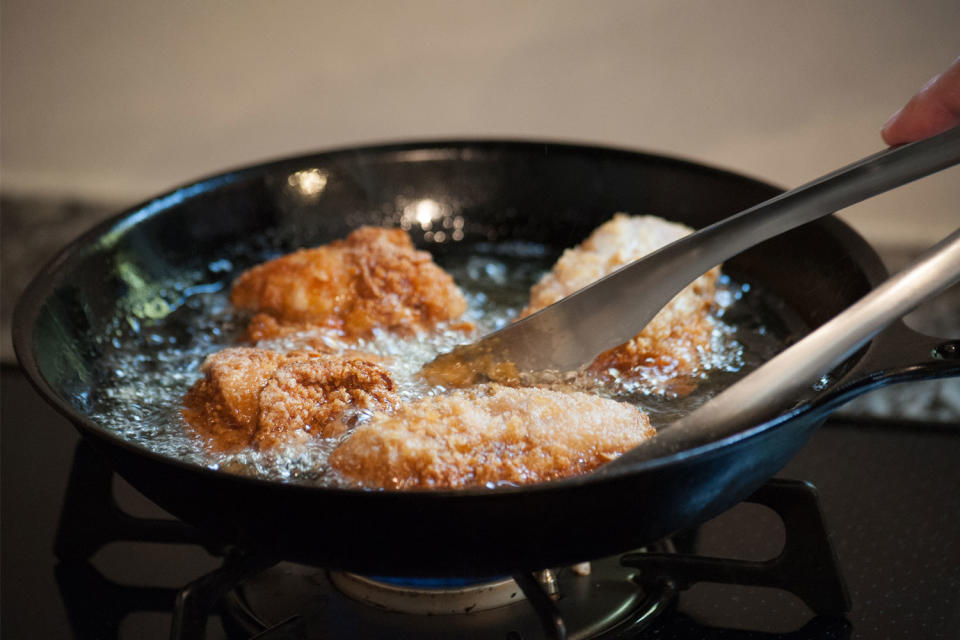
31."Freezing tofu before cooking it. It causes the water within the tofu to freeze and expand, which allows you to drain the excess water more easily when thawed. This makes it much easier to get that nice, restaurant-quality crispy tofu."
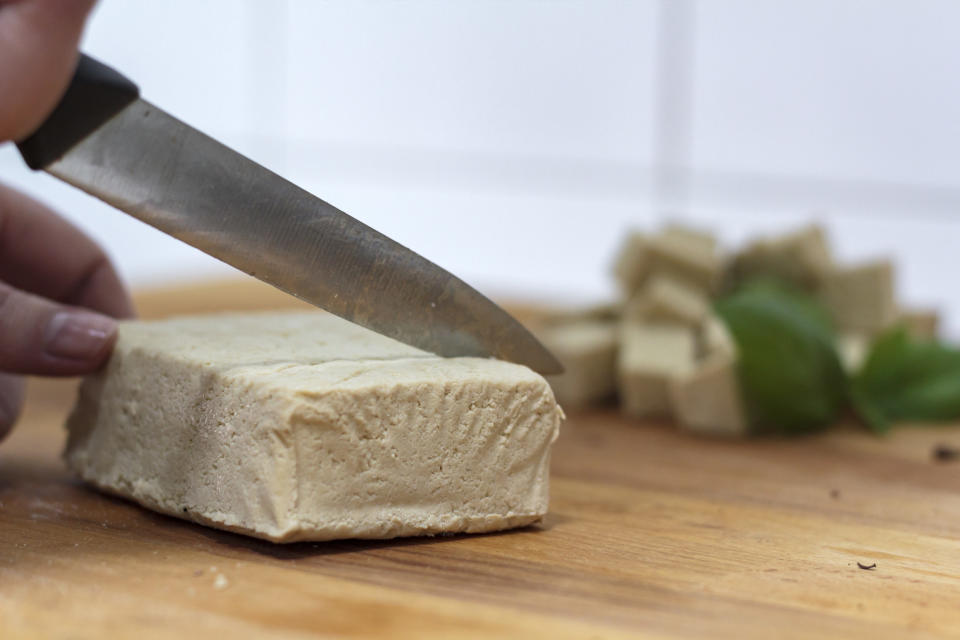
32."Leaving more space in the pan when sautéing or pan-frying. Whatever you're cooking, don't crowd the pan. Instead, cook in batches. Your veggies and/or proteins aren't getting brown and crispy because they're drowning in their own juice from being packed too tightly together in a pan."
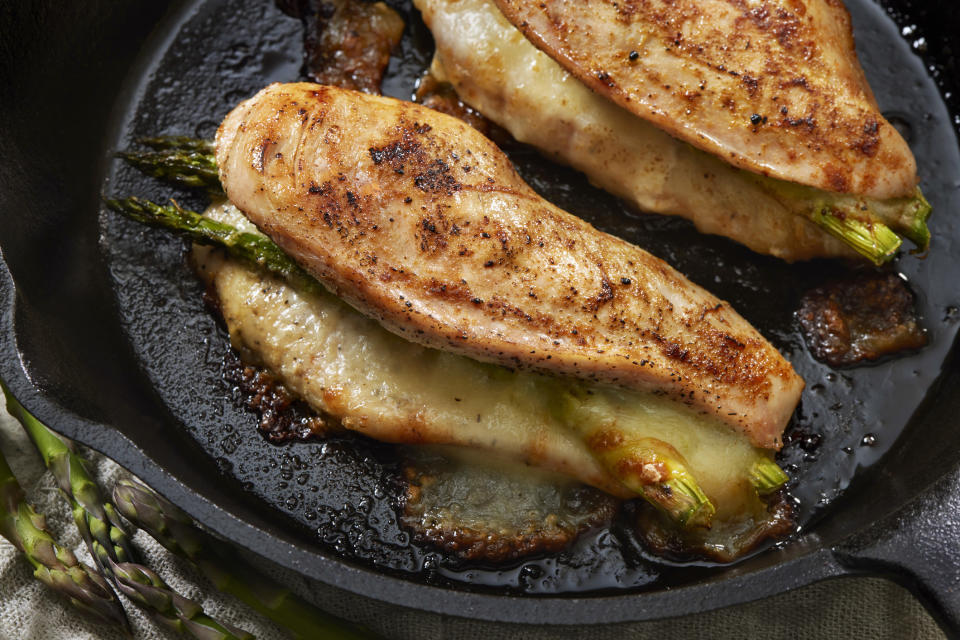
33."Focusing on quality ingredients. Not everything you cook has to be fancy, but learn how to shop for high-quality ingredients. There's nothing better than a simple recipe made from great ingredients using the proper technique."
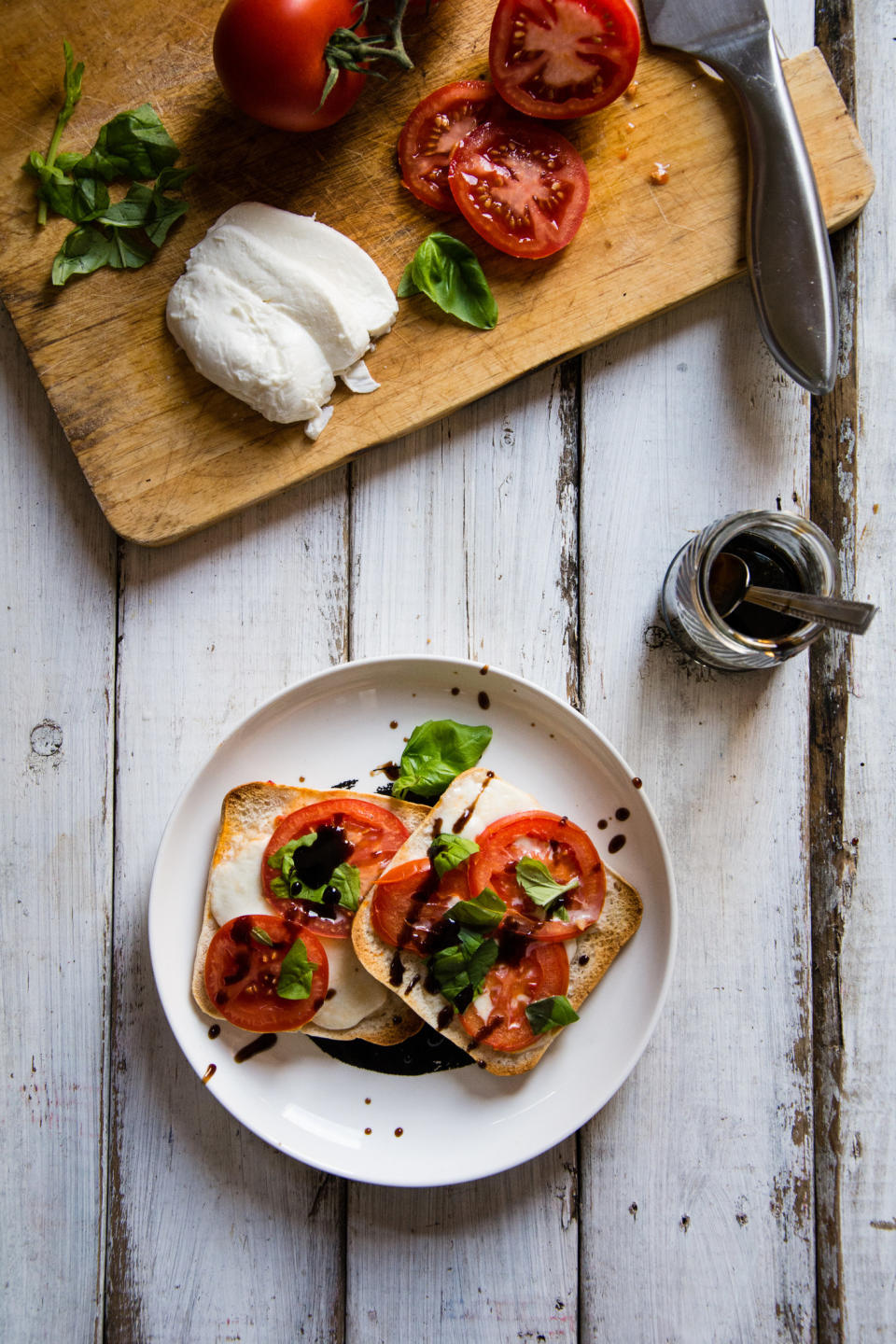
Have an idea I didn't mention? What's a small change that might make a big difference in the quality of your cooking?

 Yahoo Sport
Yahoo Sport 




































































